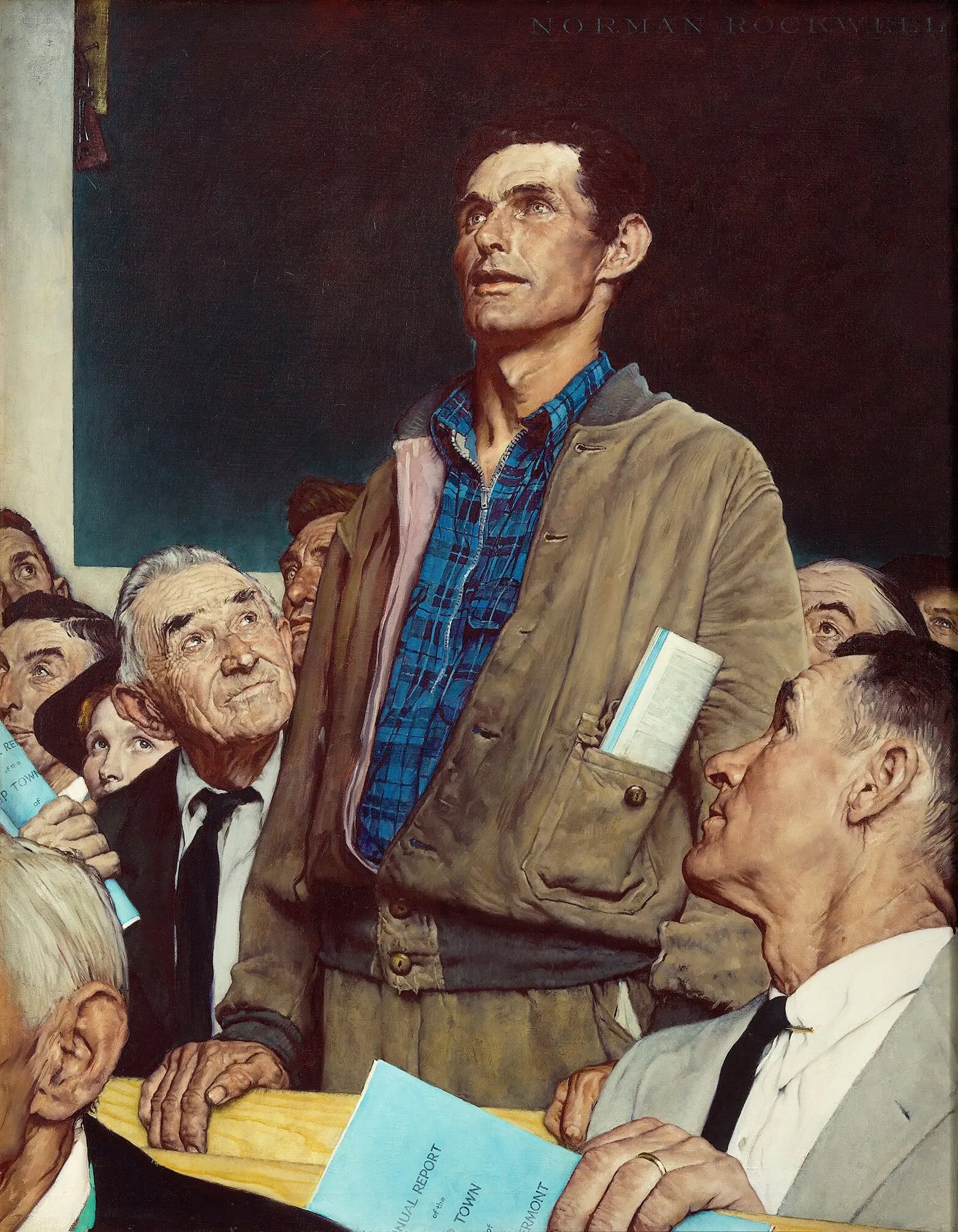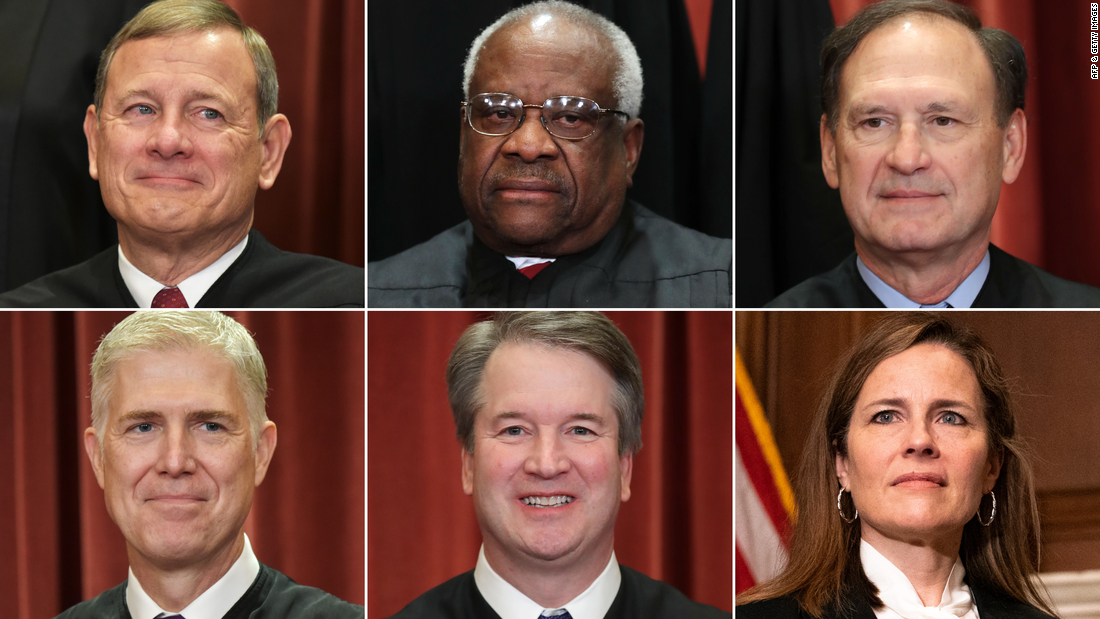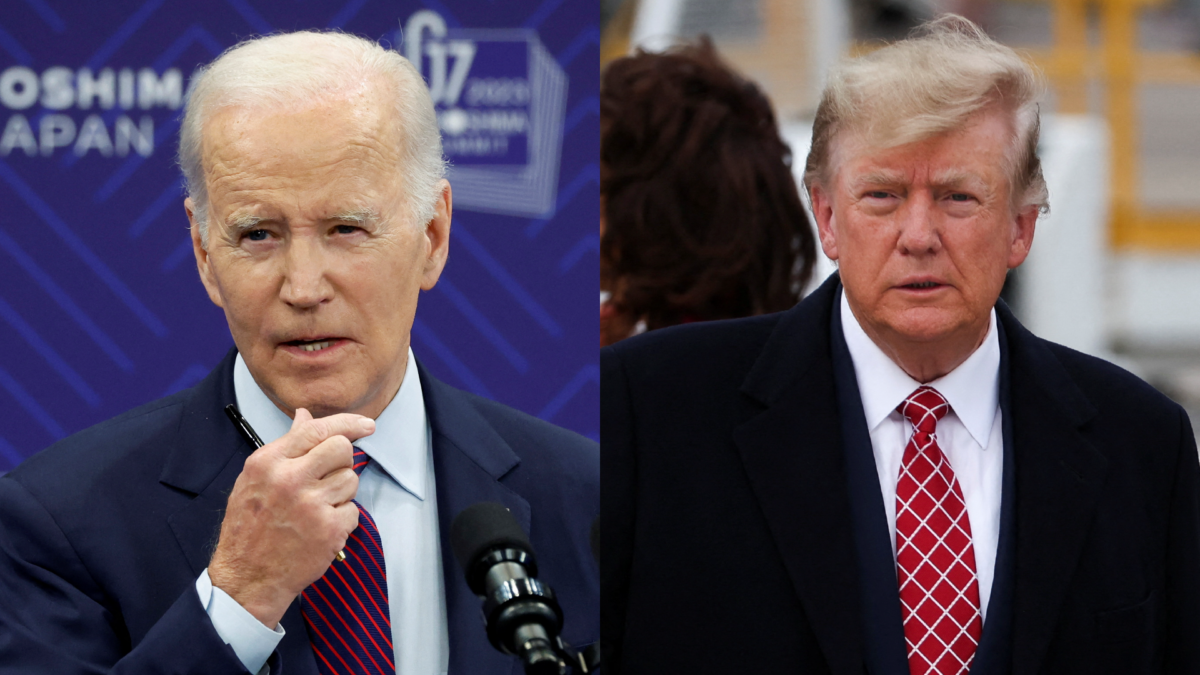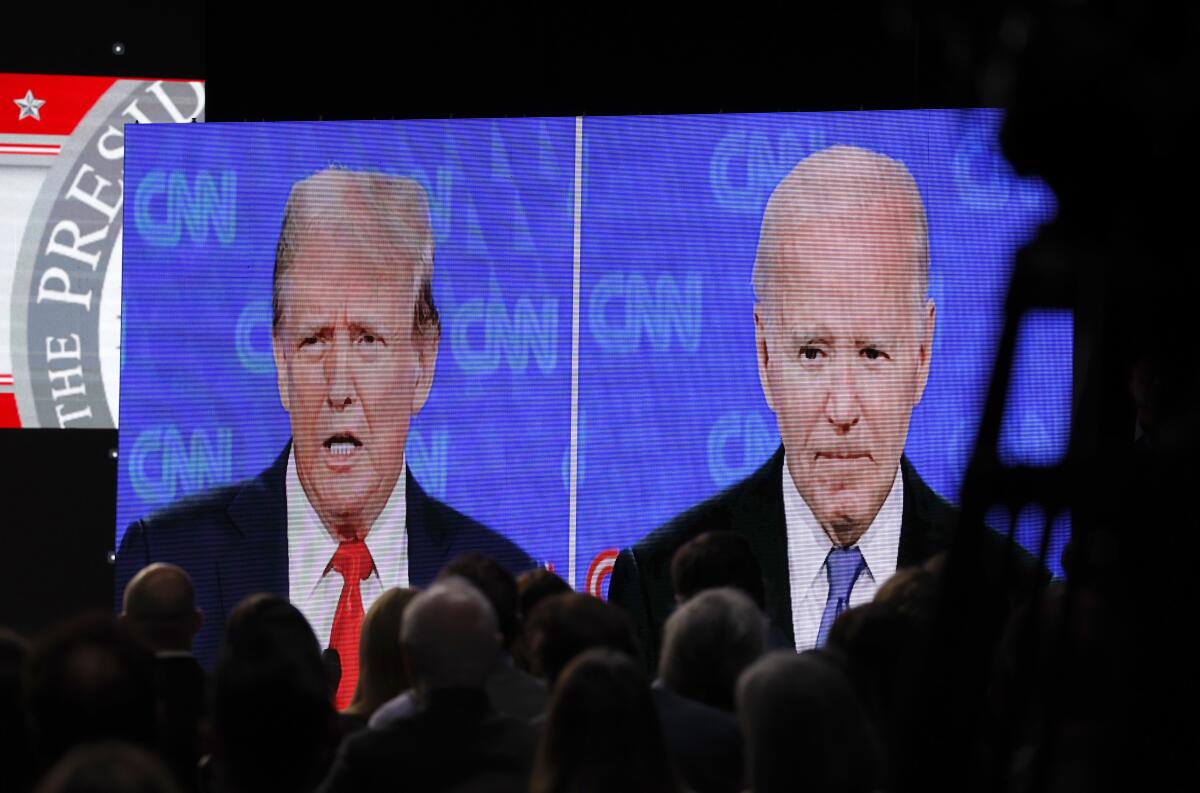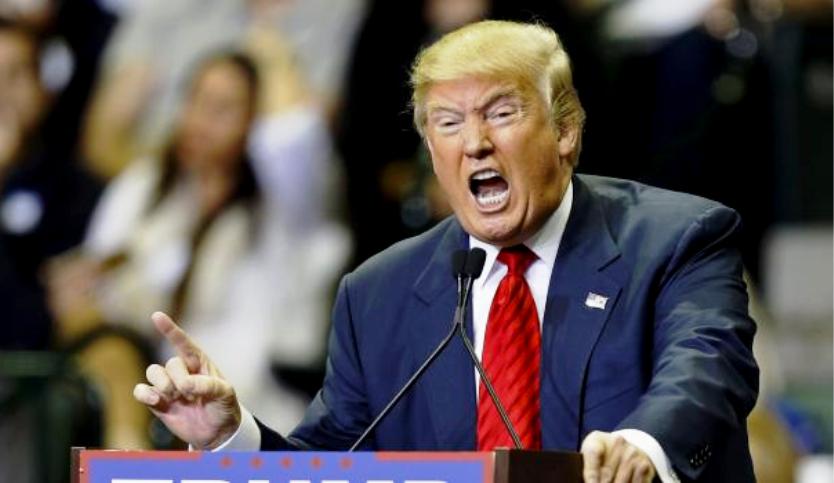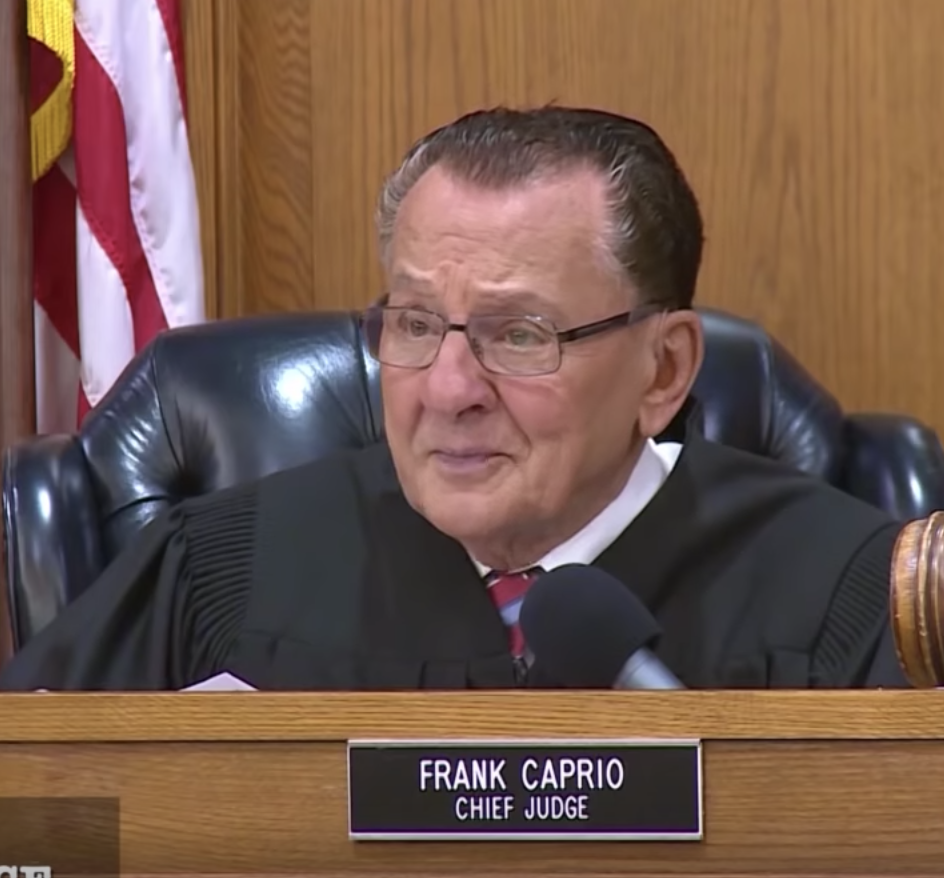According to the Center for Public Integrity (June 20), Supreme Court justices averaged $250,000 last year in addition to their courtly salaries: $244,400 for associate justices; $255,500 for the chief justice.
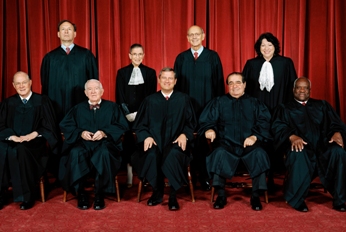
“Top earner Justice Antonin Scalia,” the Center writes, “raked in more than $100,000 in book royalties for his 2012 tomeReading Law: Interpretation of Legal Texts and teaching wages from Southern Methodist University, Duke University, Tufts University and Pennsylvania State University, according to new financial disclosure reports released Friday and reviewed by the Center for Public Integrity.
“Justice Sonia Sotomayor did not report any outside income in 2013, despite the recent success of her memoir, My Beloved World, for which she received $1.9 million in advances from her publisher Knopf Doubleday in 2012. In a footnote, Sotomayor explained that her publisher paid for nearly $27,000 in travel and lodging last year for the justice to promote the book.”
Given their lifetime appointments to the bench and the considerable influence their decisions can have, is it ethical for Supreme Court Justices to receive any compensation in addition to their government salaries?
Judges, by their very nature, need to avoid even the appearance of impropriety. However, if they author a book of memoirs that avoids discussion of specific cases, I have no problem with it. When it comes to lecturing, or teaching, they should welcome the opportunity to encourage active discussion with high school and college. Beyond their immediate expenses, they should not accept compensated.
In researching this commentary, however, I came across a story written Amanda Frost (Aug. 15, 2013), a professor of law at American University’s Washington College of Law. Frost writes and teaches in the fields of federal courts, civil procedure, statutory interpretation, judicial ethics, and transparency in government. And she has some very critical views of how Supreme Court Justices apply the rules of ethics.
“In the course of [2011],” Frost writes, “several of the Justices were publicly criticized for their alleged involvement in political fundraisers; acceptance of gifts and travel expenses paid for by groups with political viewpoints; failure to report a spouse’s employment; and, most controversially, refusal to recuse themselves from the constitutional challenges to the health care reform legislation despite alleged conflicts of interest.
“Currently,” Frost says, “federal legislation requires that the Justices recuse themselves from cases in which they have a conflict of interest, mandates that they file annual reports in which they publicly disclose many aspects of their finances, and bars them from accepting money for most outside employment.
“Although the Justices appear to follow these laws, the Chief Justice’s Report suggested that he is not sure they have to.
“His comments also cast doubt on the constitutionality of the Supreme Court Ethics Act of 2013, which was recently introduced by Representative Louise Slaughter and Senators Chris Murphy, Richard Blumenthal, and Sheldon Whitehouse. Although the Chief Justice’s Report has provoked vociferous responses from those on either side of the issue, thus far there has been little academic analysis of the constitutional issues involved.
“Although the Constitution requires that there be a Supreme Court, it did not make that institution self-executing, nor did it give the Court the power to control its internal operating rules, as it does for the House and Senate.
“Thus, Congress is authorized—perhaps even required—to enact legislation implementing the judicial power under its Article I authority to ‘make all Laws which shall be necessary and proper for carrying into Execution . . . all other powers vested by this Constitution in the Government of the United States.’ ”
“Ethics statutes, which promote the effective and legitimate exercise of the “judicial power,” thus must be understood as part and parcel of Congress’s broader power to establish the federal courts and control judicial administration.
“That said, Congress’s power to regulate the Supreme Court’s ethical conduct is limited by separation of powers concerns and the need to preserve judicial independence.
“Furthermore, the Supreme Court’s special constitutional status does not insulate the Justices from regulation of their ethical behavior—after all, Congress has enacted similar statutes affecting the President and Vice-President of the United States without causing any constitutional crisis.
“In sum, Congress has considerable leeway to regulate the Justices’ ethical conduct, just as it has exercised authority to decide other vital administrative matters for the Court, as long as it does not interfere with the Court’s decisional independence or the Court’s role as the head of the third branch of government.”
When it comes to the highest court in the land, Supreme Court Justices need to understand that ethical principles of justice and fairness are not only ground rules for decisions before the court, but personal behavior, as well. They need to acknowledge that they have a duty to protect and preserve the constitution and the interest of all. Part of that duty includes self-restraint and sacrifice. Sometimes that means not participating in an activity or event that might create even the appearance of a conflict. Their personal interests should never come before the trust of the people.
Comments


